Ex-PM feared possible adverse reactions from Netaji kin, sections of the public | PM's declassification of 100 files reignites controversy
Instead of showing signs of settling down, the controversy surrounding Netaji Subhas Chandra Bose's fate got reignited on his 119th birth anniversary on Saturday when Prime Minister Narendra Modi, in the presence of a section of the family members of India's freedom struggle icon, set the process of declassification of 100 files in motion at the National Archives.
Prior to the special event that is being read as the precursor to the battle of West Bengal assembly elections due in April this year, PM Modi tweeted – "Today is a special day for all Indians. Declassification of Netaji files starts today. I will go to National Archives myself for the same."
Following the PM's formal announcement, the government uploaded the files – containing over 17,000 pages, including newspaper clippings – on a dedicated website, netajipaper.gov.in, that soon got flooded and by evening clocked over 1,15,000 visits and kept crashing.
The documents revealed that in spite of a raging controversy, the Centre in 1995 had taken the position that Bose was killed in an air crash on August 18, 1945.
"There seems to be no scope for doubt that he died in the aircrash of 18th August 1945 at Taihoku. Government of India has already accepted this position. There is no evidence whatsoever to the contrary," said a released note of Union Cabinet of February 6, 1995, signed by then home secretary K Padmanabaiah.
Some of the contents of the declassified files that could reignite the controversy surrounding mystery of Netaji's death and raise question marks on India's first prime minister Jawaharlal Nehru's conduct include the letter that Netaji's elder brother Sarat Chandra Bose's son Amiya Nath Bose wrote to former PM Narasimha Rao and controversial testimony of Nehru's typist, Shyam Lal Jain.
According to Amiya's letter to Rao, dated August 7, 1995, "When Col. Habibur Rahman, who accompanied Netaji in the plane from Saigon was released from prison, he visited Mahatma Gandhi in the Bhangi Colony in Delhi. I was present in the room when Habibur Rahman spoke to Gandhiji about the alleged air crash at the Taikhou Airport on 18th August, 1945."
The letter goes on to say that after Rahman left, Gandhiji spoke to journalists assembled there and said, "Habib is carrying out his leader's orders. I do not believe that Subhas died in any air crash."
A declassified "top secret" file reveals that the Indira Gandhi government in 1976 was hesitant to bring Bose's ashes from a Buddhist temple in Tokyo, fearing a political backlash.
NN Jha, former joint secretary in external affairs ministry's north and east Asia department, in a letter wrote that the Indian government was not inclined to bring back Bose's ashes "due to possible adverse reactions from members of Netaji's family, as well as certain sections of the public."
Joint director of IB, TV Tajeswar also warned that the government would be accused of "foisting a false story upon the people of West Bengal and India, taking advantage of Emergency."
Again, a secret note of IB of February 1995 reveals the dilemma that IB was in on the issue of bringing back the ashes believed to be that of Netaji, kept in a Buddhist temple in Tokyo.
The note said, "The IB doesn't consider it advisable to bring back ashes to India as there is no demand from any quarter for this. IB feels that if the ashes are brought back, the people of WB are likely to construe it as an imposition on them of the official version of Netaji's death."
The file noting reveals that MEA was in favour of getting the ashes back to India, with respect and honour.
The documents also reveal that the Indian mission in Tokyo had taken custody of Netaji's ashes in the early 50s but was reluctant to send it to India as Bose's family hadn't accepted his death.
The documents reveal that India paid Rs.52,66,278 between 1967-2005 to the Renkoji temple in Tokyo for the upkeep of Netaji's remains.
The documents also contain response of journalist Harin Shah to the accusation made by MP Samar Guha, a close associate of Netaji, to the Khosla commission that the documents and photos that he submitted to Nehru of his Taipei visit were fabricated.
Shah's response seems to settle the controversy to rest as it says, "The entire material bearing on Netaji, death in the plane crash at Taihoku on August 18, 1945 was – i) gathered on the spot at Taihoku, ii) soon after the event, iii) personally by me, iv) at first hand, over a dozen, totally unconnected and utterly unmotivated, actual eyewitness, as well as highly responsible persons ranging from doctors, nurses and cremation personnel to Speaker of Formosan assembly and newspapermen, v) of both Formosan and Japanese origin."
The documents also contain a legal notice given to former union home minister LK Advani by Supreme Court advocate Bijan Ghosh in March 1999 challenging the government's decision to constitute a judicial inquiry on Bose's disappearance, who was declared a "war criminal" by the United Nations and is not a citizen of India as per Constitution of India Part – II.
Netaji's family members, while admitting that it's a great step, expressed hope that the latest declassification would set in motion declassification of other files and documents that are still in the custody of the government.
Incidentally, the latest declassification has not made public some key files of intelligence agencies – RAW, IB and SSB – which perhaps hold more relevant information about Netaji's disappearance and developments related to different governments of that time in question in Soviet Russia, UK, Japan, Germany and China.
Netaji's kin also hoped that the government will make a high-level international committee, comprising of learned scholars from other countries, to unearth details related to Netaji that could finally bring a closure to mystery surrounding Netaji.
Netaji's daughter Anita Bose Pfaff, who lives in Germany, and Netaji kin TMC MP Prof. Sugata Bose were not present at the ceremony. Both have held that controversies surrounding Netaji death should be put to an end as there is overwhelming evidence of his death in an air crash in Formosa (Taipei) in 1945.
Netaji died in 1945 aircrash, says 1995 Cabinet note
![submenu-img]() Natasa Stankovic, Aleksandar Ilic enjoy in Goa pool, netizens believe 'Hardik Pandya crying in corner'
Natasa Stankovic, Aleksandar Ilic enjoy in Goa pool, netizens believe 'Hardik Pandya crying in corner'![submenu-img]() IPL chairman reveals the reason behind Rs 18 crore cap for overseas players
IPL chairman reveals the reason behind Rs 18 crore cap for overseas players![submenu-img]() Scientists reveal hidden ocean within Earth's mantle, 700 kms below surface
Scientists reveal hidden ocean within Earth's mantle, 700 kms below surface![submenu-img]() Solar Eclipse on October 2: Know how fast will the 'Ring of Fire' travel
Solar Eclipse on October 2: Know how fast will the 'Ring of Fire' travel![submenu-img]() Devara box office collection day 4: Jr NTR, Saif Ali Khan, Janhvi Kapoor film begins to lose race
Devara box office collection day 4: Jr NTR, Saif Ali Khan, Janhvi Kapoor film begins to lose race![submenu-img]() Jammu-Kashmir Polls: जम्मू कश्मीर में आखिरी चरण का मतदान आज, दो पूर्व उपमुख्यमंत्रियों की किस्मत दांव पर
Jammu-Kashmir Polls: जम्मू कश्मीर में आखिरी चरण का मतदान आज, दो पूर्व उपमुख्यमंत्रियों की किस्मत दांव पर![submenu-img]() 'महाभारत की तरह रचा गया चक्रव्यूह', राहुल गांधी ने बताए 6 नाम, अडानी-अंबानी भी शामिल
'महाभारत की तरह रचा गया चक्रव्यूह', राहुल गांधी ने बताए 6 नाम, अडानी-अंबानी भी शामिल ![submenu-img]() क्या Hassan Nasrallah की मौत के बाद एक बड़े युद्ध का साक्षी बनेगा Middle East?
क्या Hassan Nasrallah की मौत के बाद एक बड़े युद्ध का साक्षी बनेगा Middle East?![submenu-img]() 'भारत शांति के लिए...', हिजबुल्लाह-इजरायल जंग के बीच PM मोदी ने नेतन्याहू को घुमाया फोन
'भारत शांति के लिए...', हिजबुल्लाह-इजरायल जंग के बीच PM मोदी ने नेतन्याहू को घुमाया फोन![submenu-img]() IND vs BAN: कानपुर टेस्ट के बीच सरफराज खान समेत 3 खिलाड़ी हुए टीम इंडिया से बाहर, BCCI ने अचानक लिया बड़ा फैसला
IND vs BAN: कानपुर टेस्ट के बीच सरफराज खान समेत 3 खिलाड़ी हुए टीम इंडिया से बाहर, BCCI ने अचानक लिया बड़ा फैसला![submenu-img]() Mahindra Thar Roxx 4x4 prices revealed, starts at Rs…
Mahindra Thar Roxx 4x4 prices revealed, starts at Rs…![submenu-img]() Sebi gives nod to Hyundai India's Rs 20,000 crore IPO, listing month is...
Sebi gives nod to Hyundai India's Rs 20,000 crore IPO, listing month is...![submenu-img]() Tata launches Nexon iCNG, check price, mileage, other features
Tata launches Nexon iCNG, check price, mileage, other features![submenu-img]() This Indian car brand set to acquire 50% stake in Skoda Auto Volkswagen India, deal will cost Rs…
This Indian car brand set to acquire 50% stake in Skoda Auto Volkswagen India, deal will cost Rs…![submenu-img]() Ford to return to India after 2 years with reopening of....
Ford to return to India after 2 years with reopening of....![submenu-img]() CAT 2024 application correction window closes today; check how to make changes, direct link here
CAT 2024 application correction window closes today; check how to make changes, direct link here![submenu-img]() Meet woman who left high-paying job at US govt agency for UPSC exam, became IAS officer with AIR...
Meet woman who left high-paying job at US govt agency for UPSC exam, became IAS officer with AIR...![submenu-img]() This man was behind IT giant valued at over Rs 13.78 lakh crore, born in Peshawar, also known as father of...
This man was behind IT giant valued at over Rs 13.78 lakh crore, born in Peshawar, also known as father of...![submenu-img]() Meet woman, who scored highest marks in UPSC interview history, not Tina Dabi, Smita Sabharwal, she is...
Meet woman, who scored highest marks in UPSC interview history, not Tina Dabi, Smita Sabharwal, she is...![submenu-img]() Meet India's youngest woman to crack UPSC exam at age 21, secured AIR 13, but didn't become IAS due to...
Meet India's youngest woman to crack UPSC exam at age 21, secured AIR 13, but didn't become IAS due to...![submenu-img]() After Hassan Nasrallah's Death, This Cleric Is Now Tipped To Be Hezbollah Leader | Israel | Lebanon
After Hassan Nasrallah's Death, This Cleric Is Now Tipped To Be Hezbollah Leader | Israel | Lebanon![submenu-img]() Hashem Safieddine, Cousin Of Hassan Nasrallah To Become Hezbollah's New Chief | Israel-Lebanon War
Hashem Safieddine, Cousin Of Hassan Nasrallah To Become Hezbollah's New Chief | Israel-Lebanon War![submenu-img]() Israel Hezbollah War: Nasrallah's Death, A Turning Point for Hezbollah's Future? Experts Explain
Israel Hezbollah War: Nasrallah's Death, A Turning Point for Hezbollah's Future? Experts Explain![submenu-img]() Israel Hezbollah War: Hassan Nasrallah's Death Leads To Protests In J&K, Ex-CM Mehbooba Mufti Reacts
Israel Hezbollah War: Hassan Nasrallah's Death Leads To Protests In J&K, Ex-CM Mehbooba Mufti Reacts![submenu-img]() Israel Hezbollah War: Nasrallah's Death Leads To Protest By Women & Children In Jammu And Kashmir
Israel Hezbollah War: Nasrallah's Death Leads To Protest By Women & Children In Jammu And Kashmir![submenu-img]() Meet man who had 20 failed start-ups, got inspired by empty refrigerator, currently owns firm worth Rs 85158 crore...
Meet man who had 20 failed start-ups, got inspired by empty refrigerator, currently owns firm worth Rs 85158 crore...![submenu-img]() Ratan Tata's company ends 'legacy steel making' after 100 years, we know the reason
Ratan Tata's company ends 'legacy steel making' after 100 years, we know the reason![submenu-img]() Google rejected this man's request, he left company, now re-hired for Rs 22625 crore
Google rejected this man's request, he left company, now re-hired for Rs 22625 crore![submenu-img]() Keep your demat account safe from fraud with these 6 tips
Keep your demat account safe from fraud with these 6 tips ![submenu-img]() Understanding The New Health Insurance Regulations In India: What Policyholders Need To Know
Understanding The New Health Insurance Regulations In India: What Policyholders Need To Know![submenu-img]() 7 unknown facts about Mithun Chakraborty, Dadasaheb Phalke Awardee
7 unknown facts about Mithun Chakraborty, Dadasaheb Phalke Awardee![submenu-img]() 7 things to keep under your pillow for money and luck
7 things to keep under your pillow for money and luck![submenu-img]() 10 thirst trap pics of Janhvi Kapoor
10 thirst trap pics of Janhvi Kapoor![submenu-img]() From jumping ropes to push-ups: 7 effective morning exercises to lose weight
From jumping ropes to push-ups: 7 effective morning exercises to lose weight ![submenu-img]() XXX show actress Aabha Paul dances to popular Bollywood songs in sexy videos
XXX show actress Aabha Paul dances to popular Bollywood songs in sexy videos![submenu-img]() 'Gone to Adani's pocket': LoP Rahul Gandhi claims BJP govt intends to snatch away pensions from Agniveers
'Gone to Adani's pocket': LoP Rahul Gandhi claims BJP govt intends to snatch away pensions from Agniveers![submenu-img]() What is Green War Room, created to curb Delhi air pollution?
What is Green War Room, created to curb Delhi air pollution?![submenu-img]() MUDA scam: ED books Karnataka CM Siddaramaiah in money laundering case
MUDA scam: ED books Karnataka CM Siddaramaiah in money laundering case![submenu-img]() Big relief for UP boy who lost IIT seat over Rs 17000 fees, here's what SC said
Big relief for UP boy who lost IIT seat over Rs 17000 fees, here's what SC said![submenu-img]() FM Nirmala Sitharaman, other BJP leaders get relief as Karnataka HC halts extortion case probe
FM Nirmala Sitharaman, other BJP leaders get relief as Karnataka HC halts extortion case probe










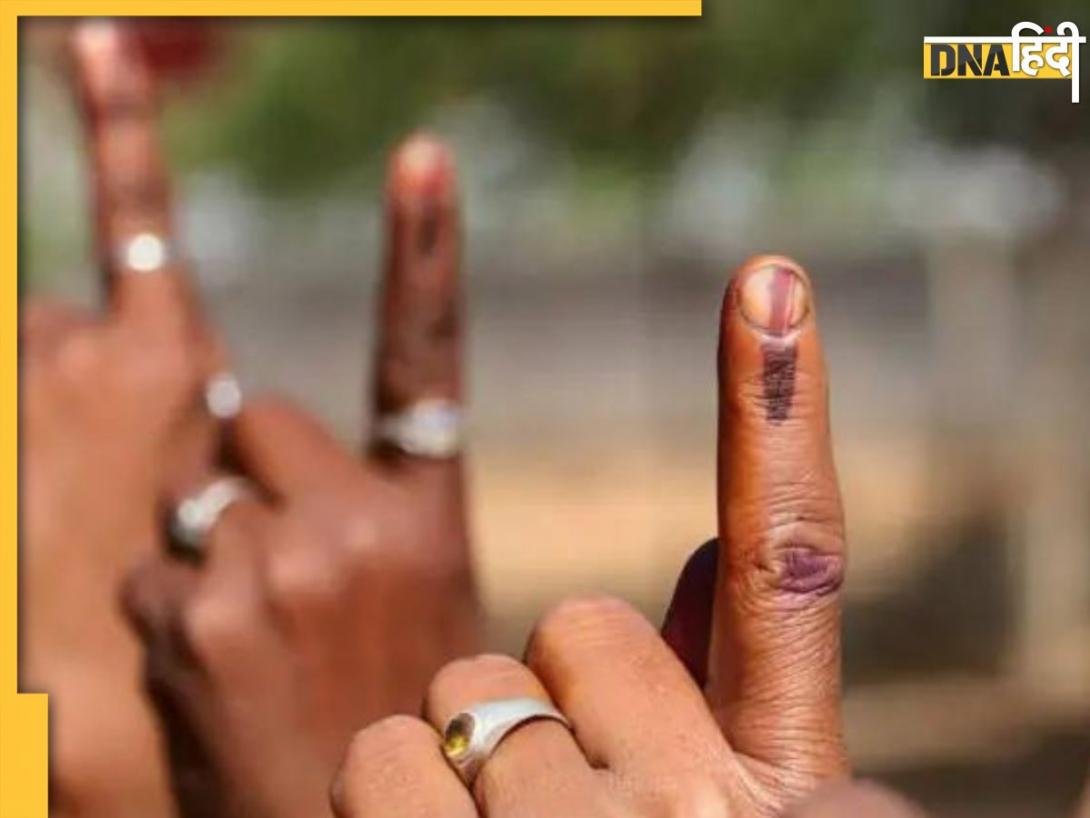
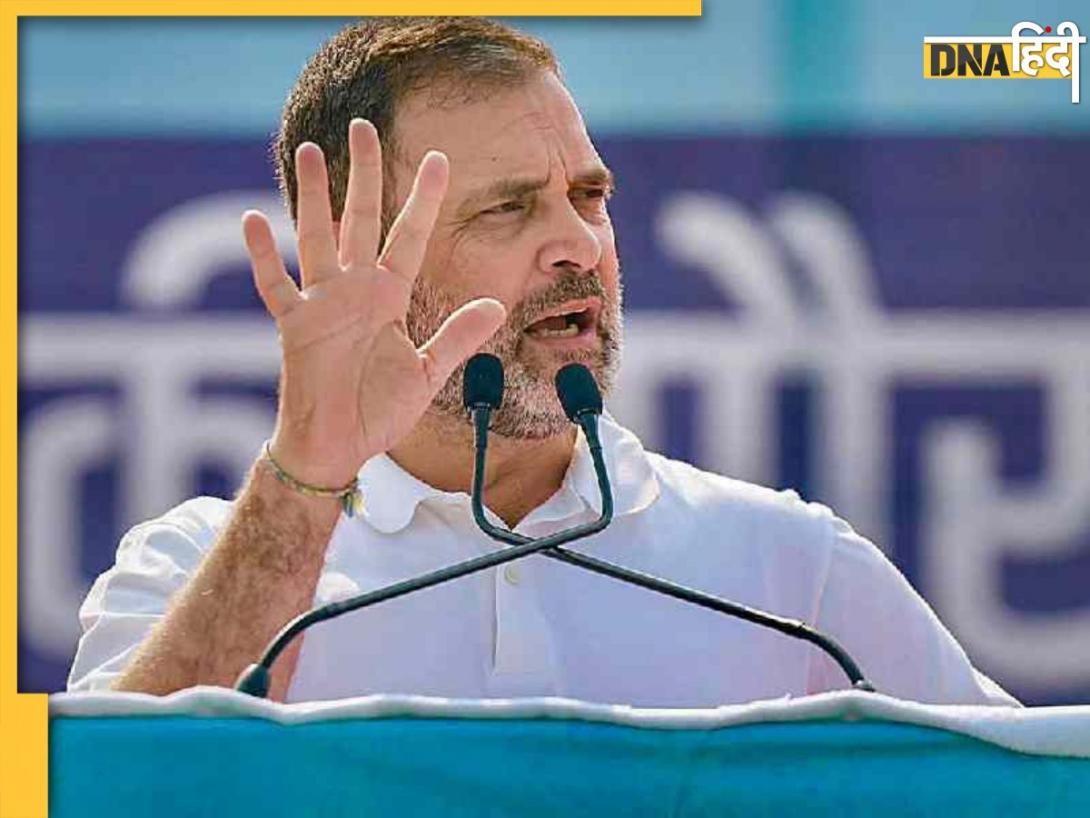
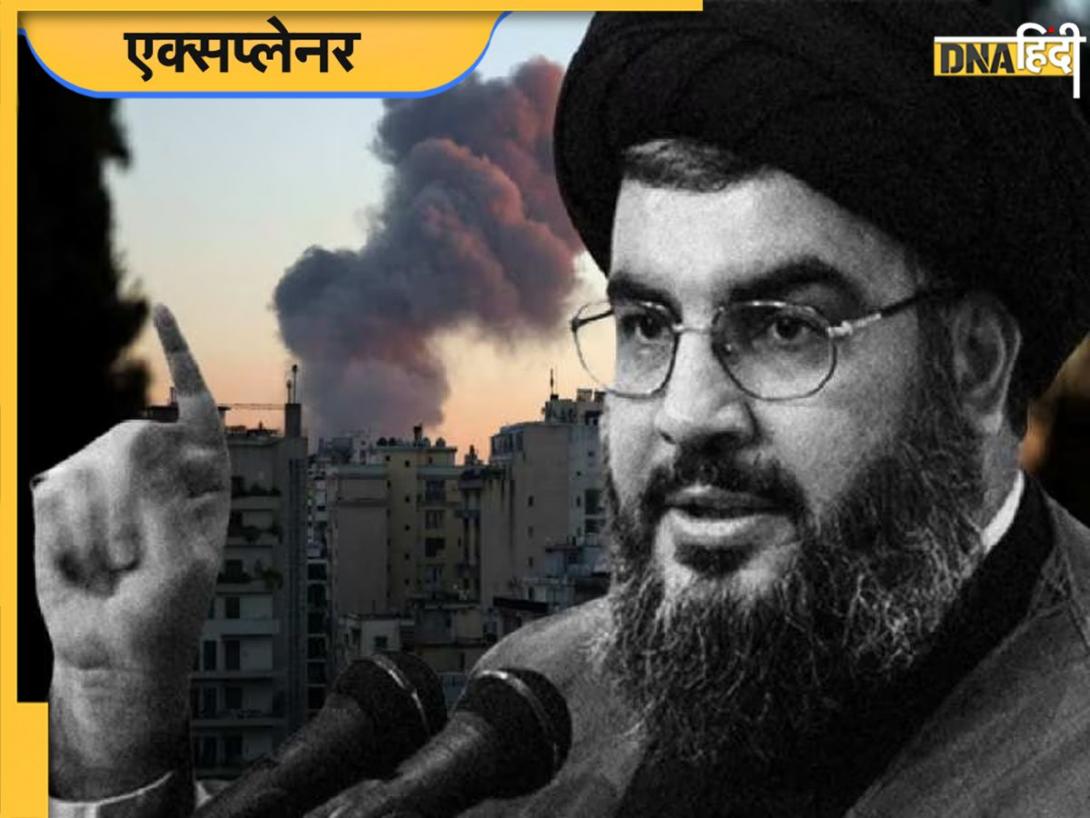
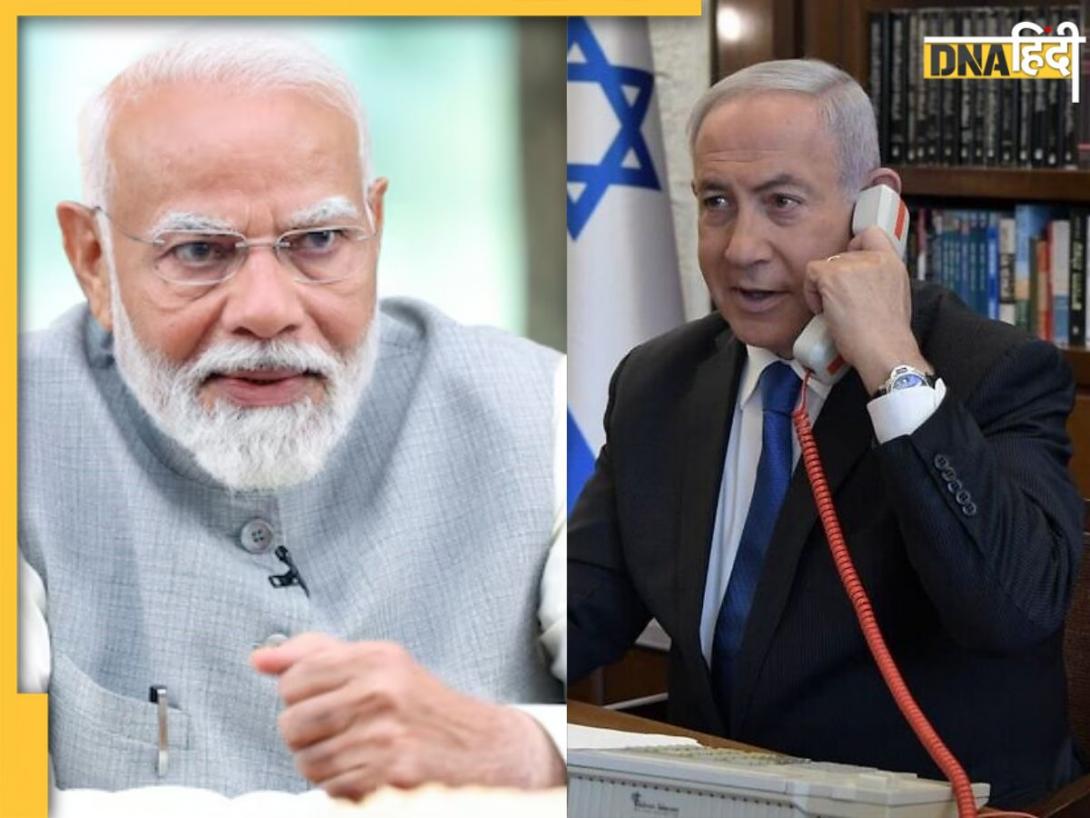
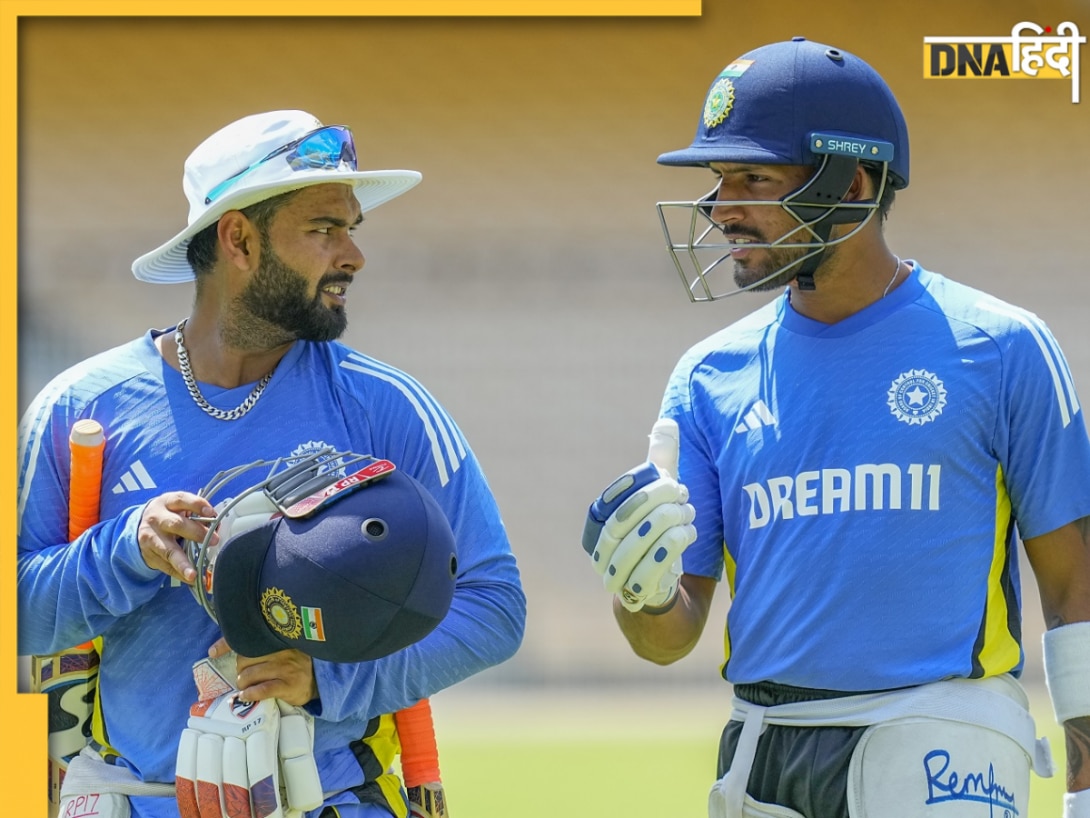






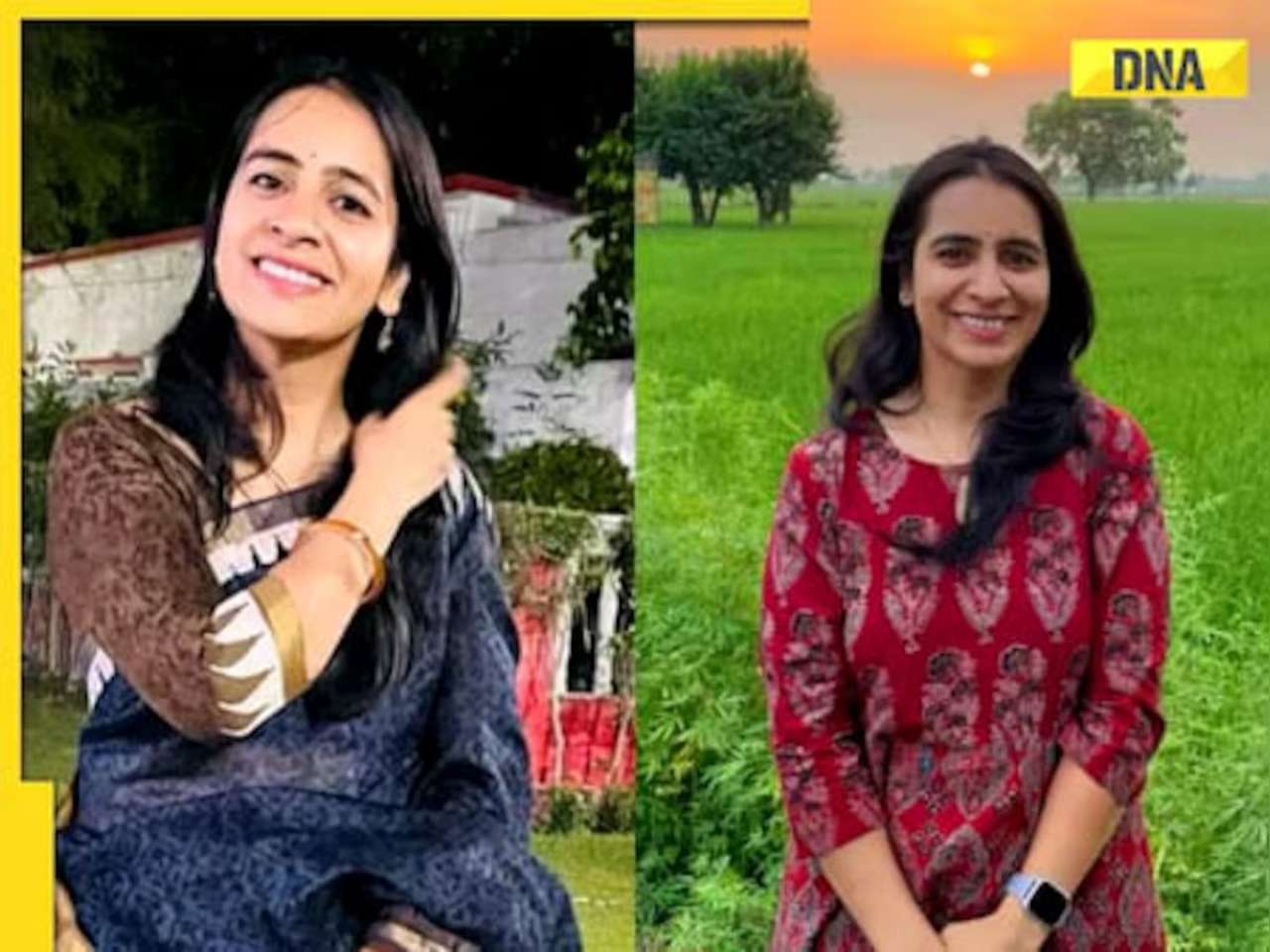
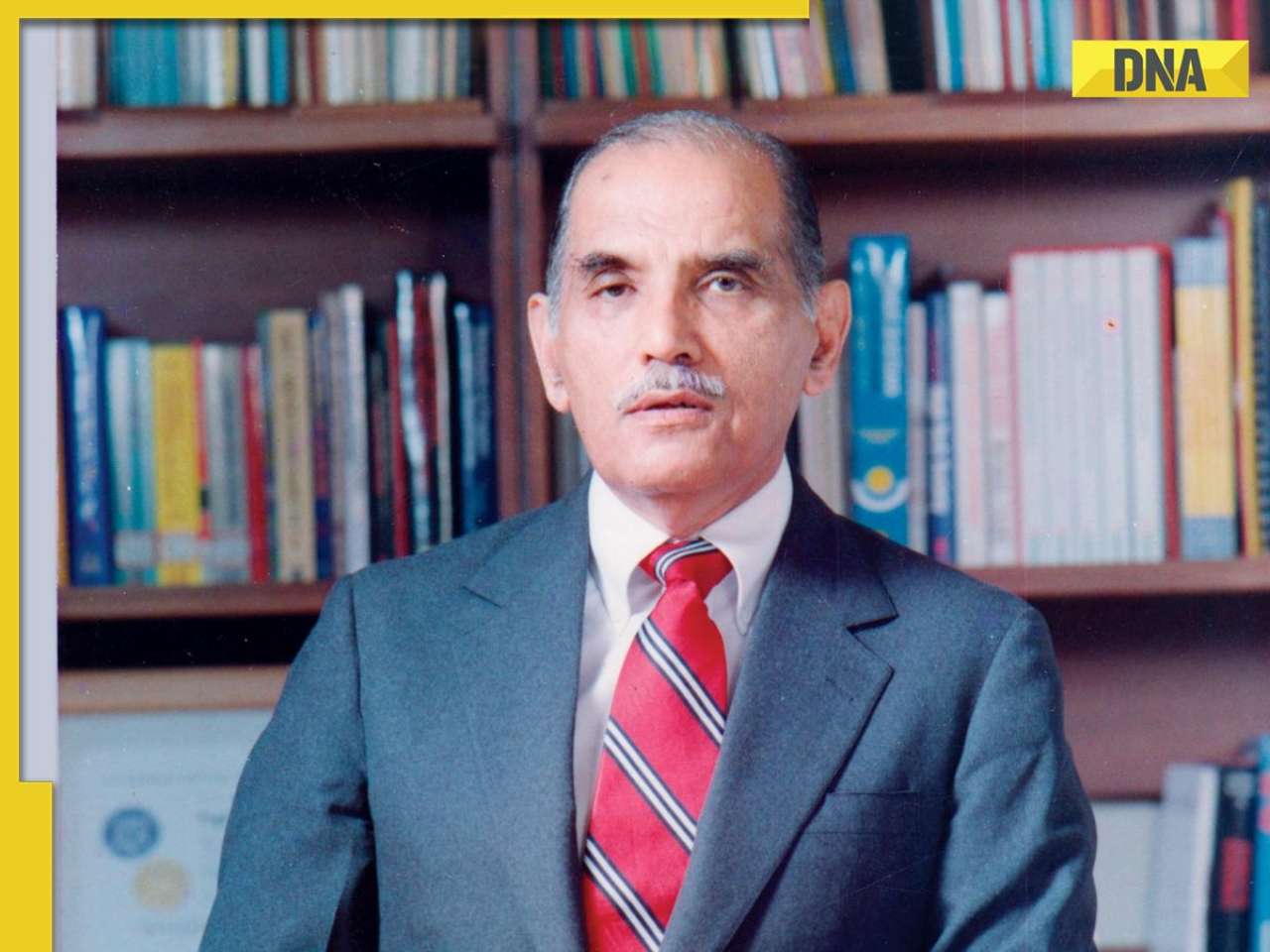
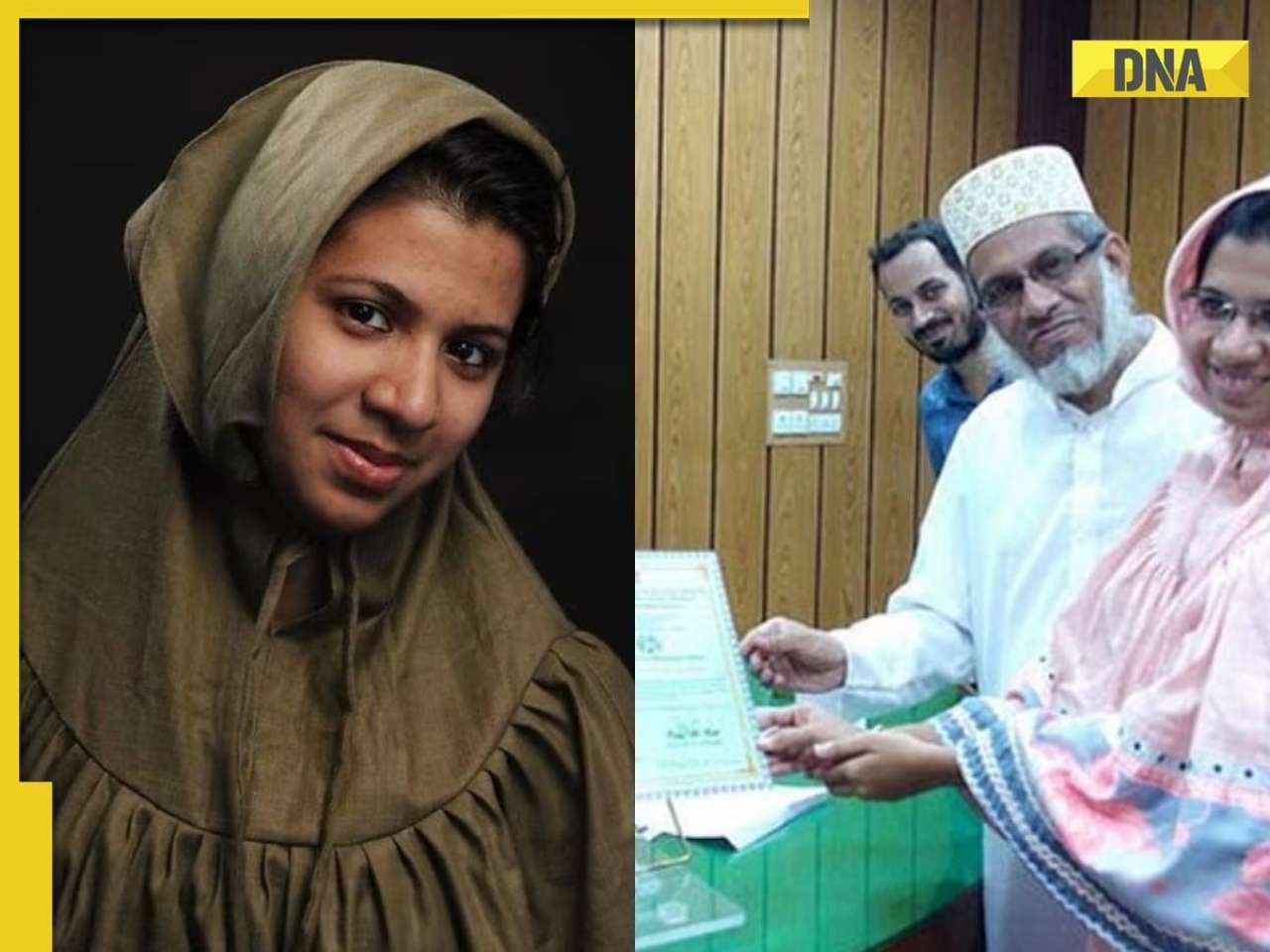
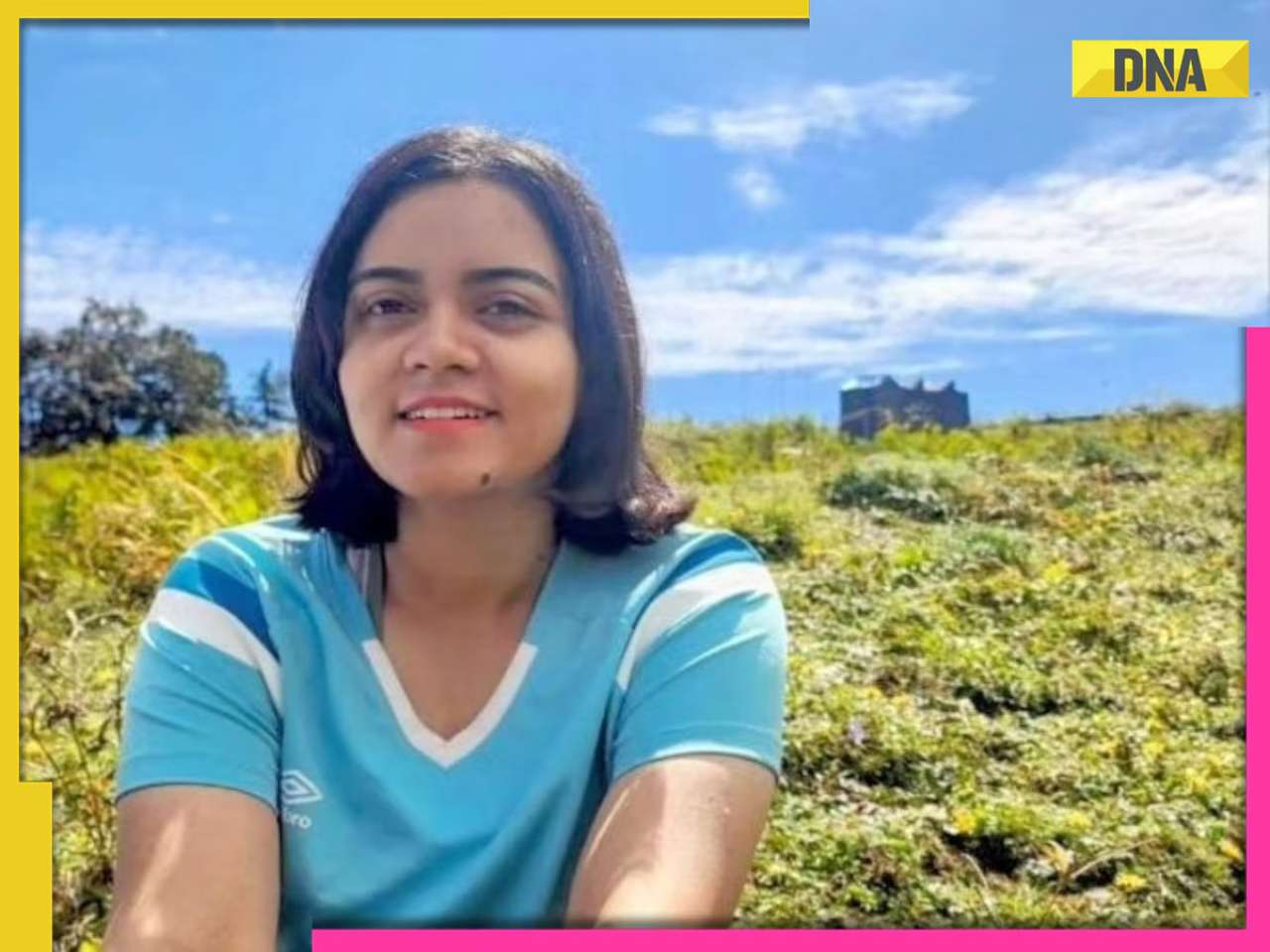
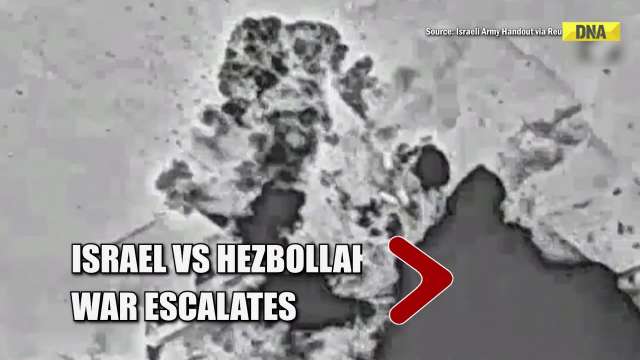
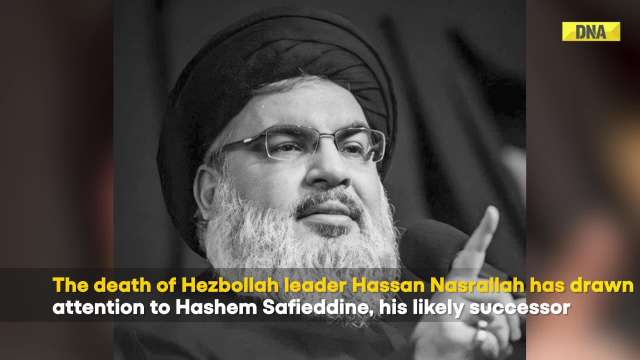
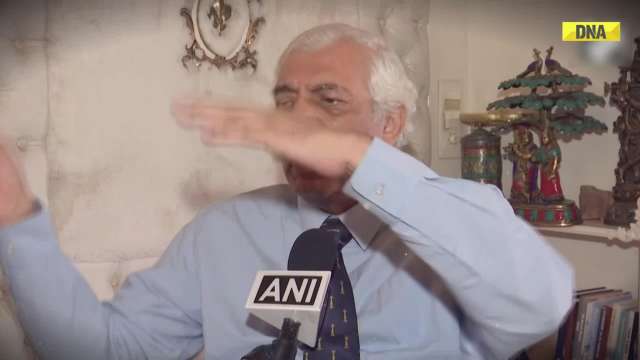
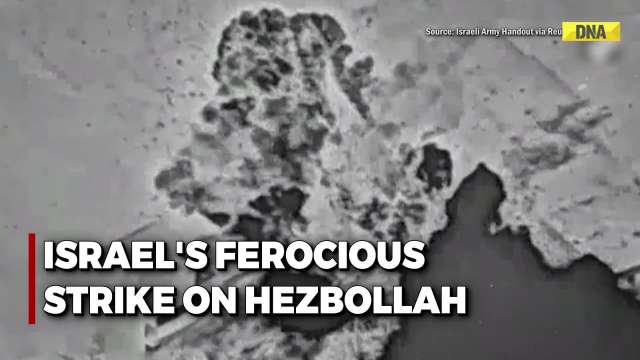
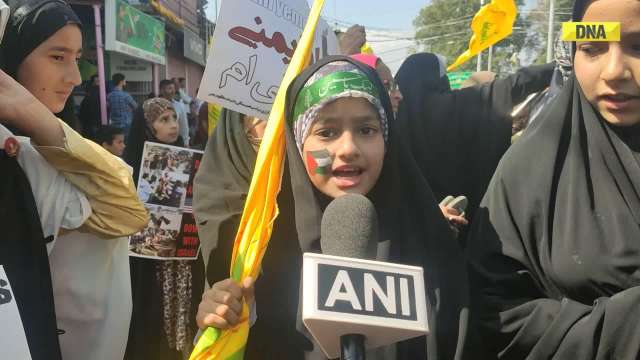

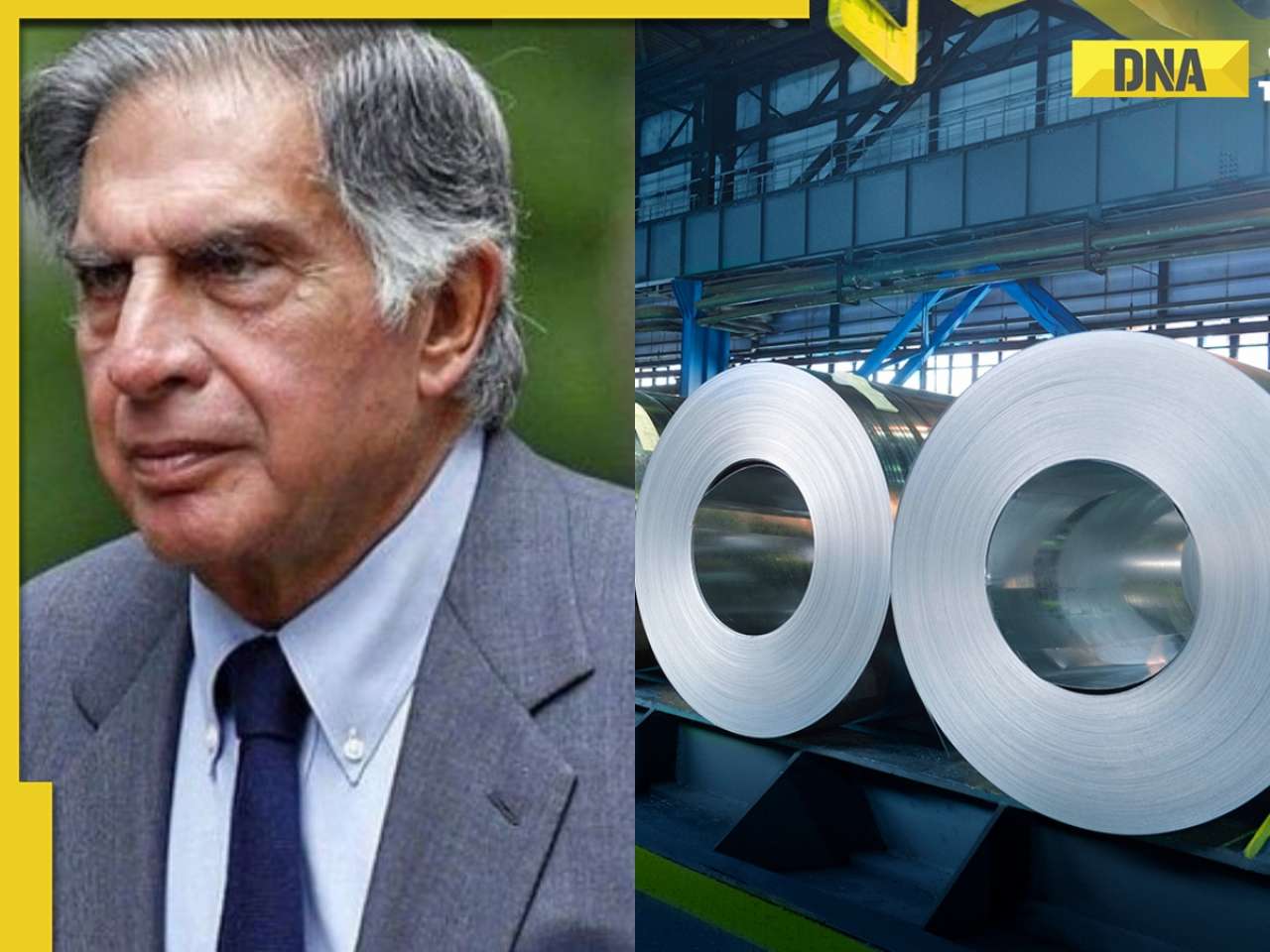
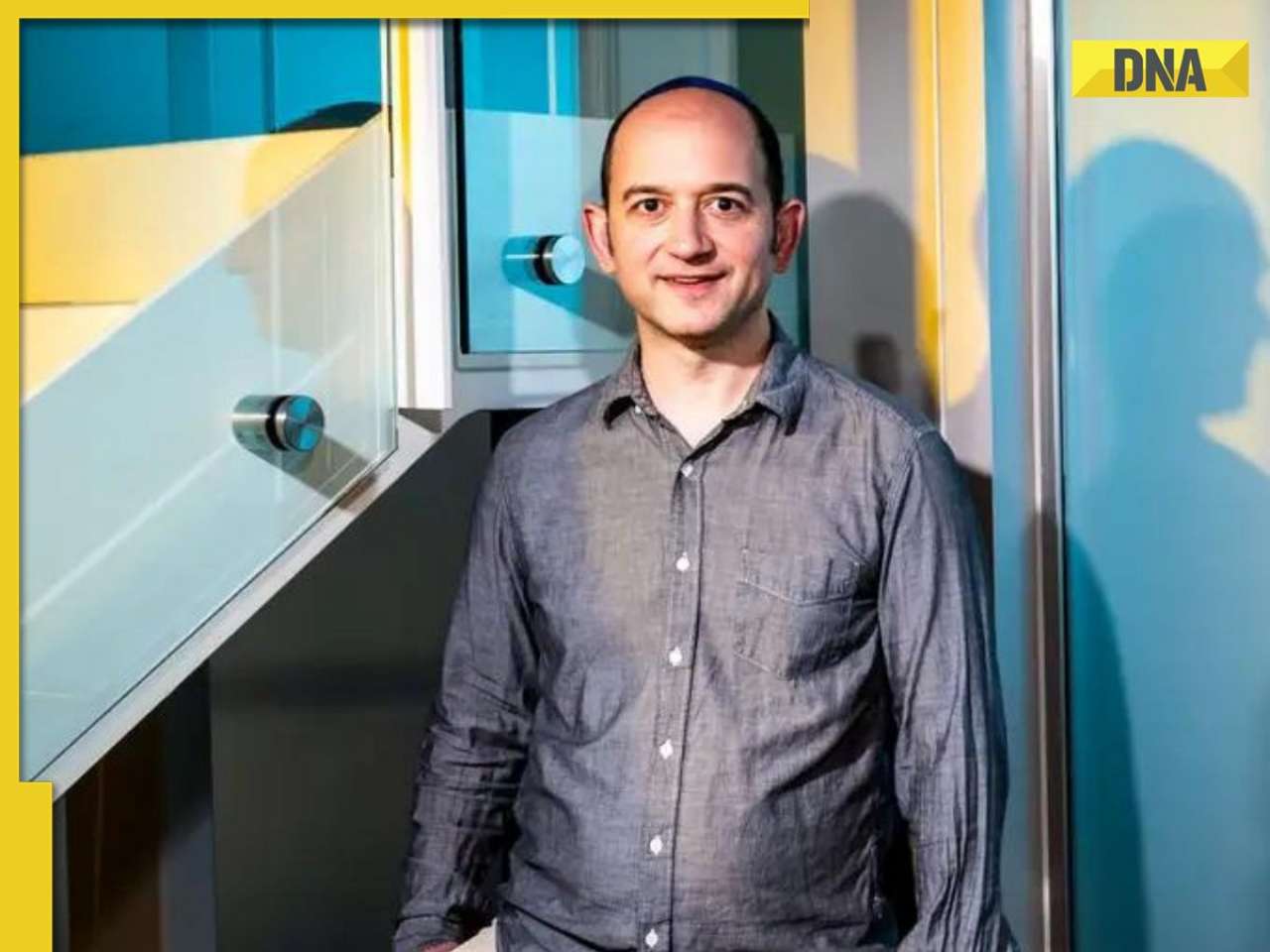







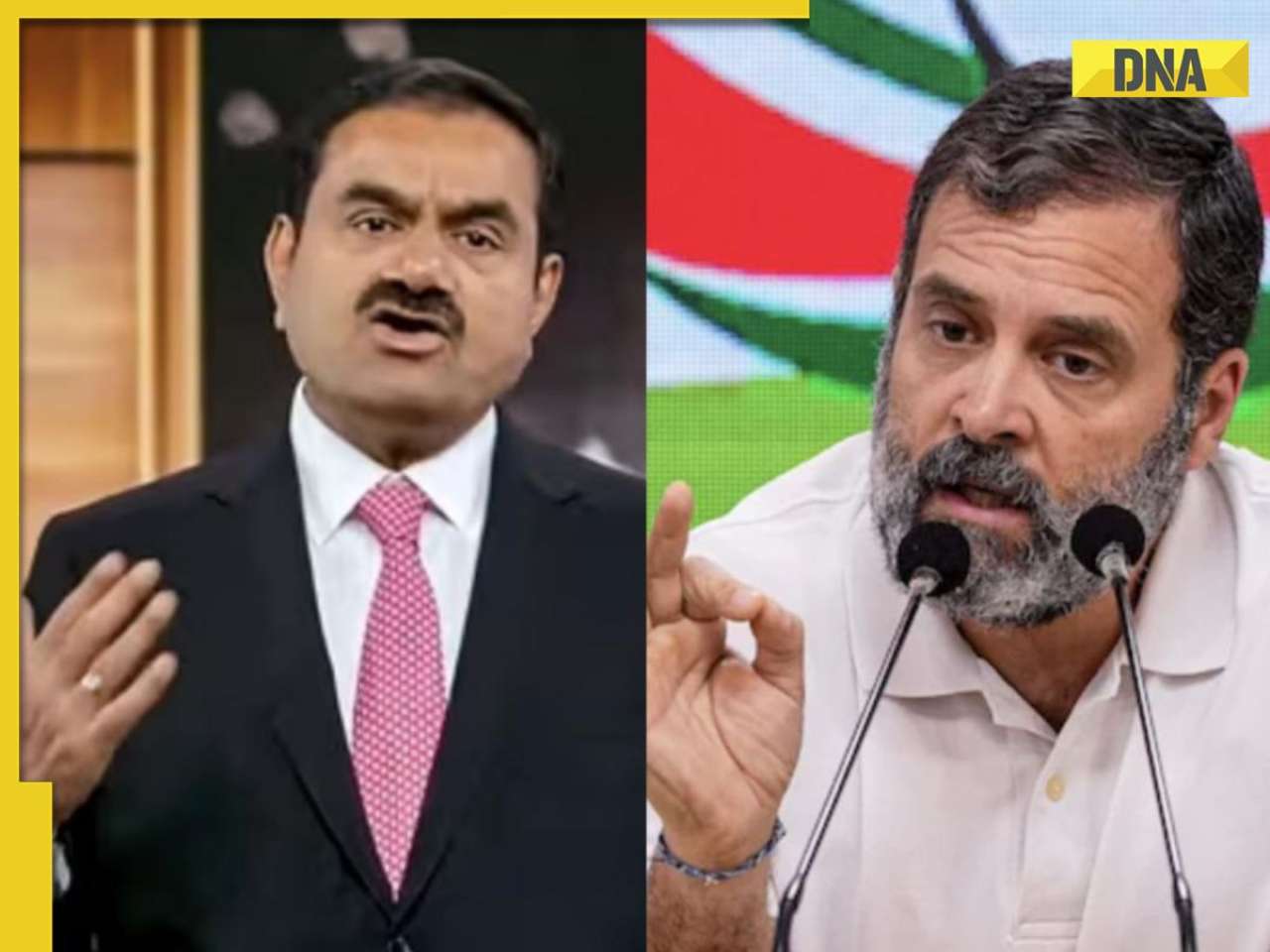
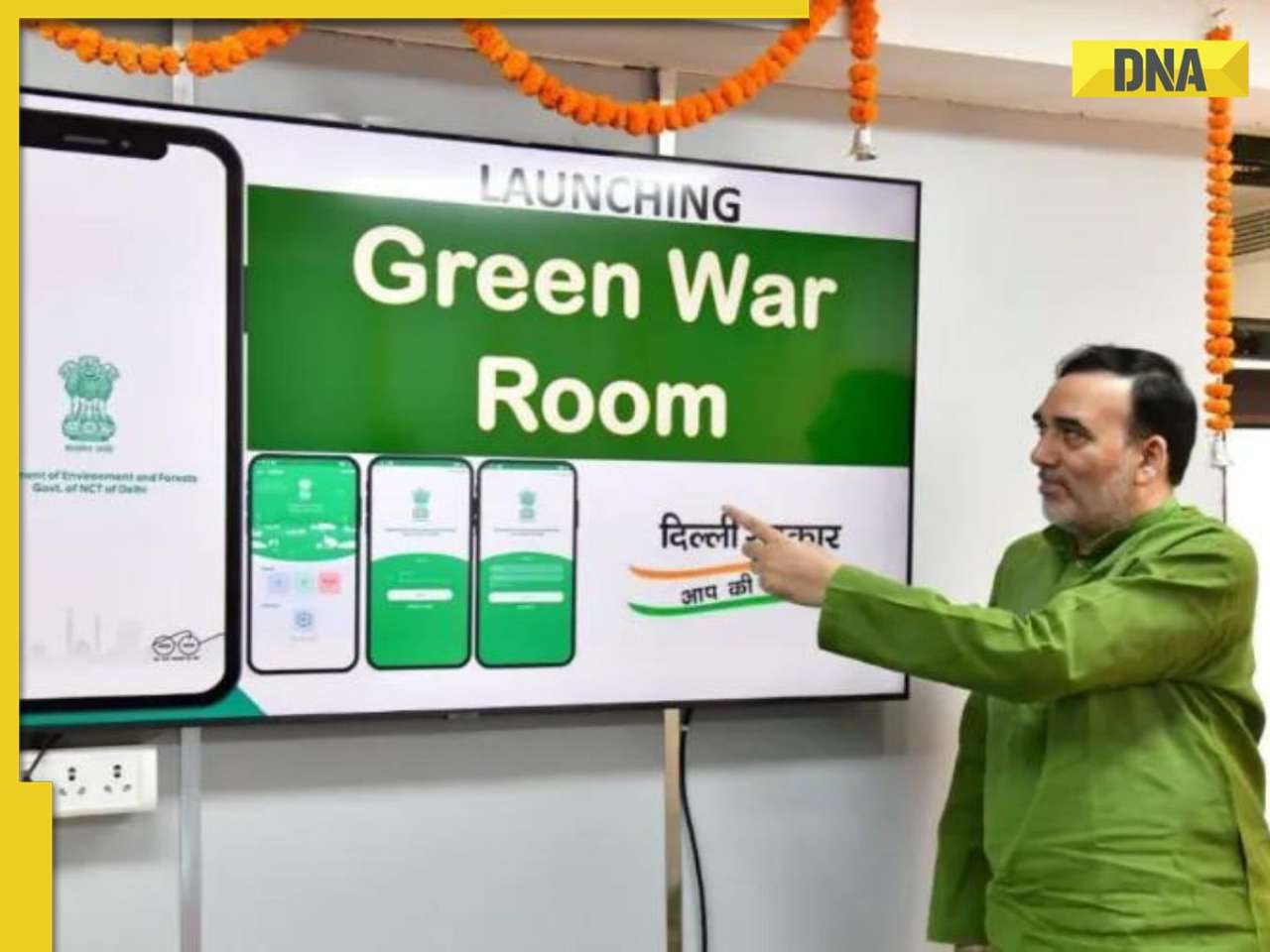
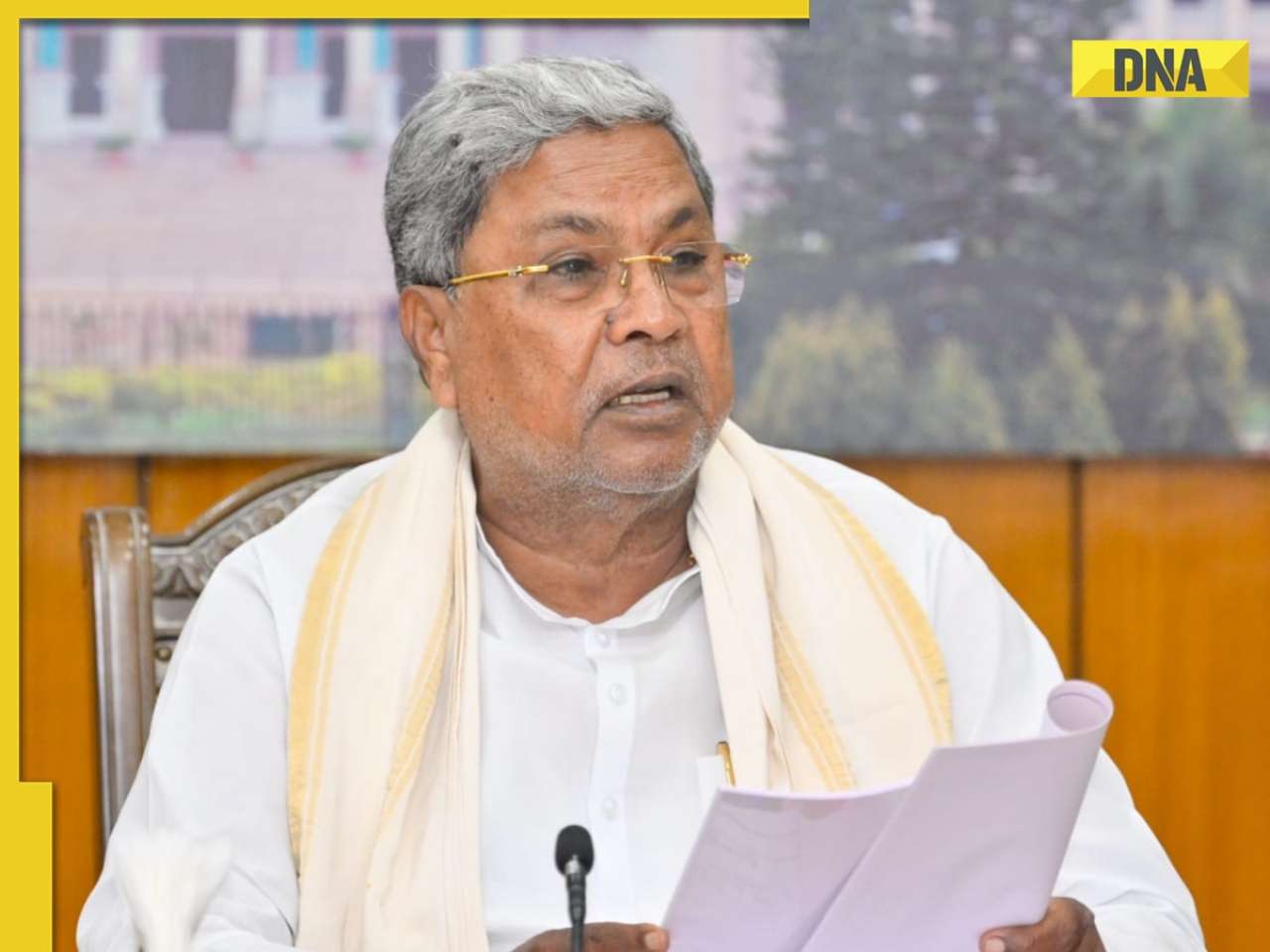
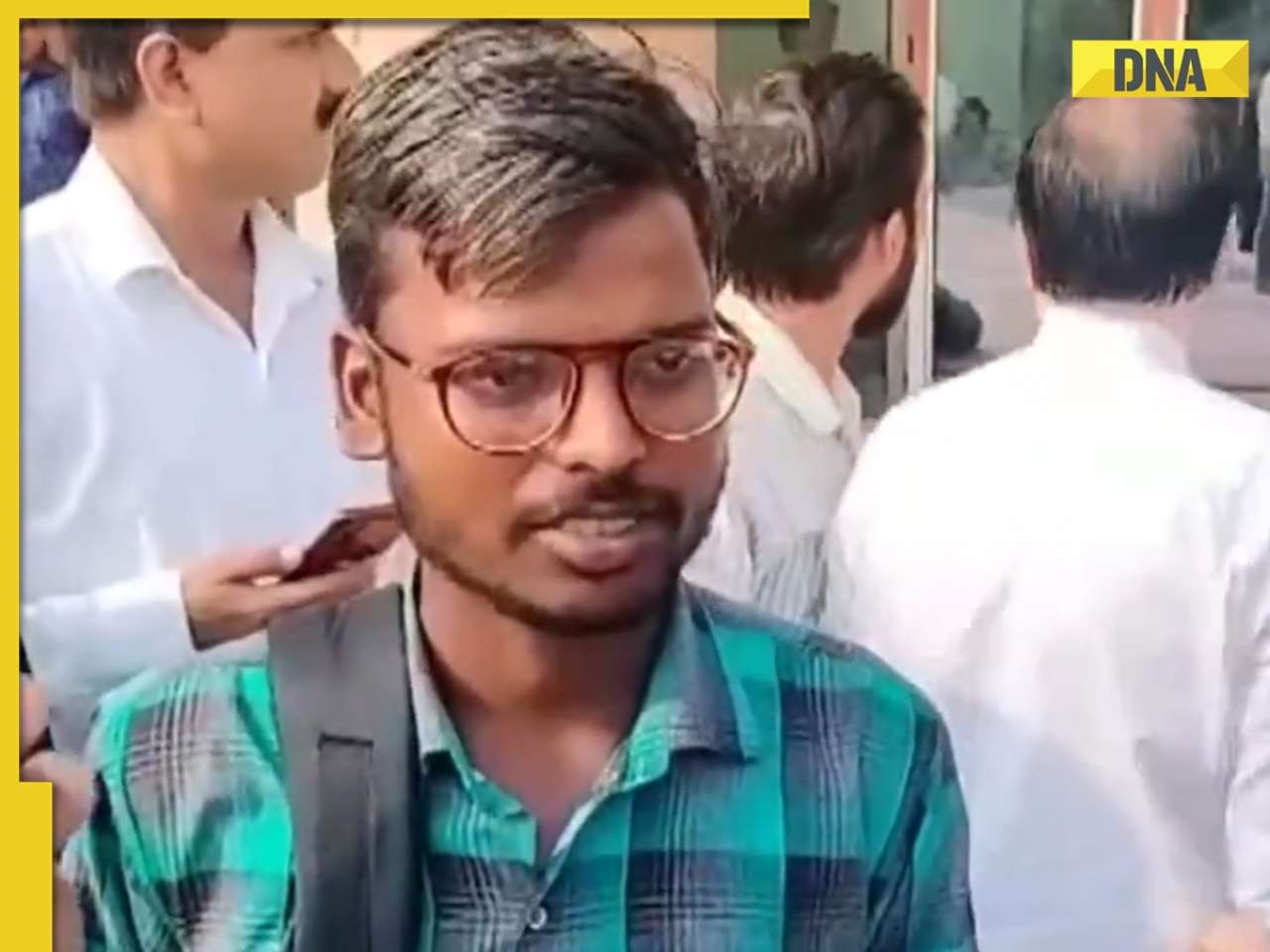
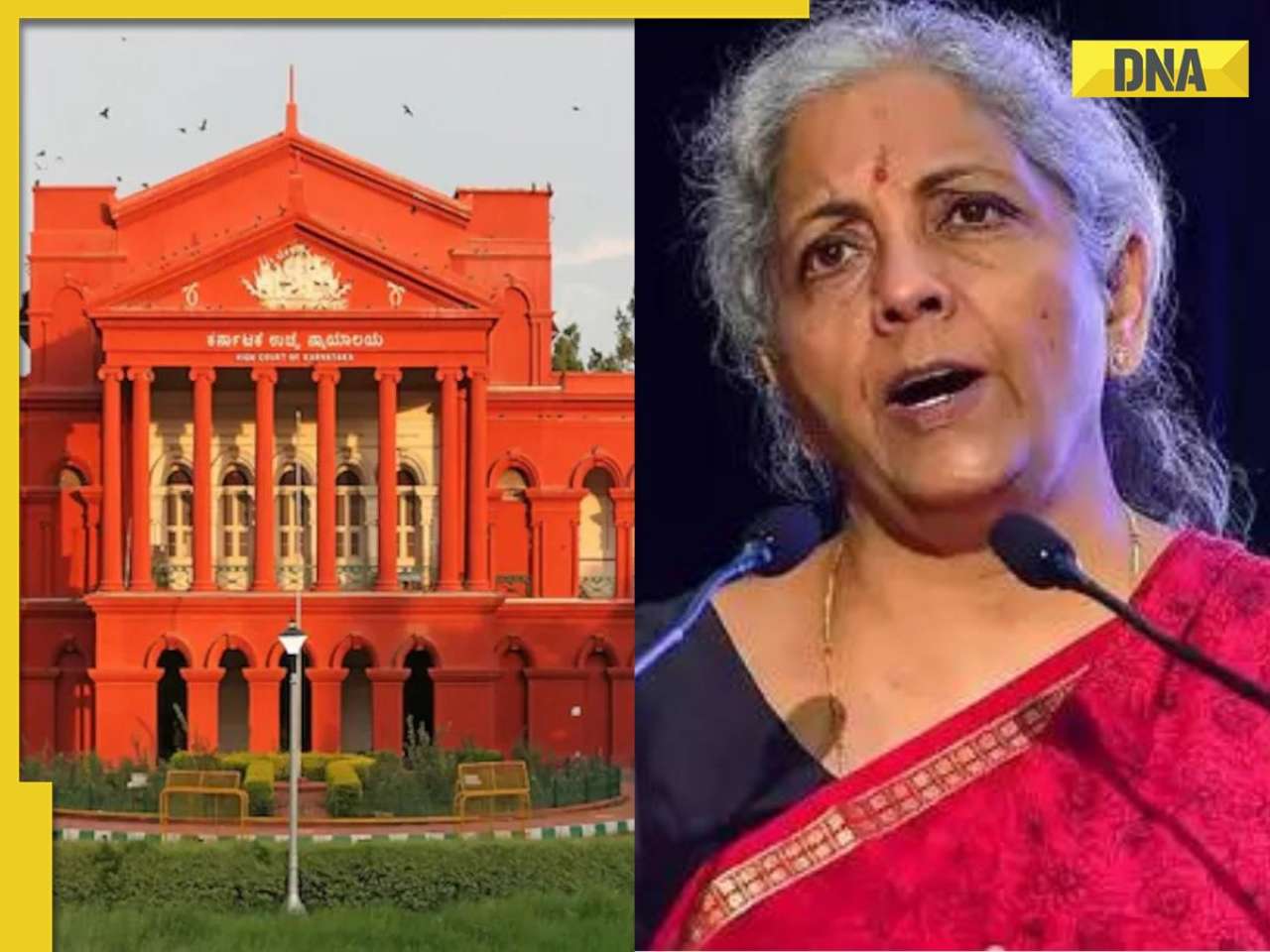

)
)
)
)
)
)
)
)
)
)
)
)
)
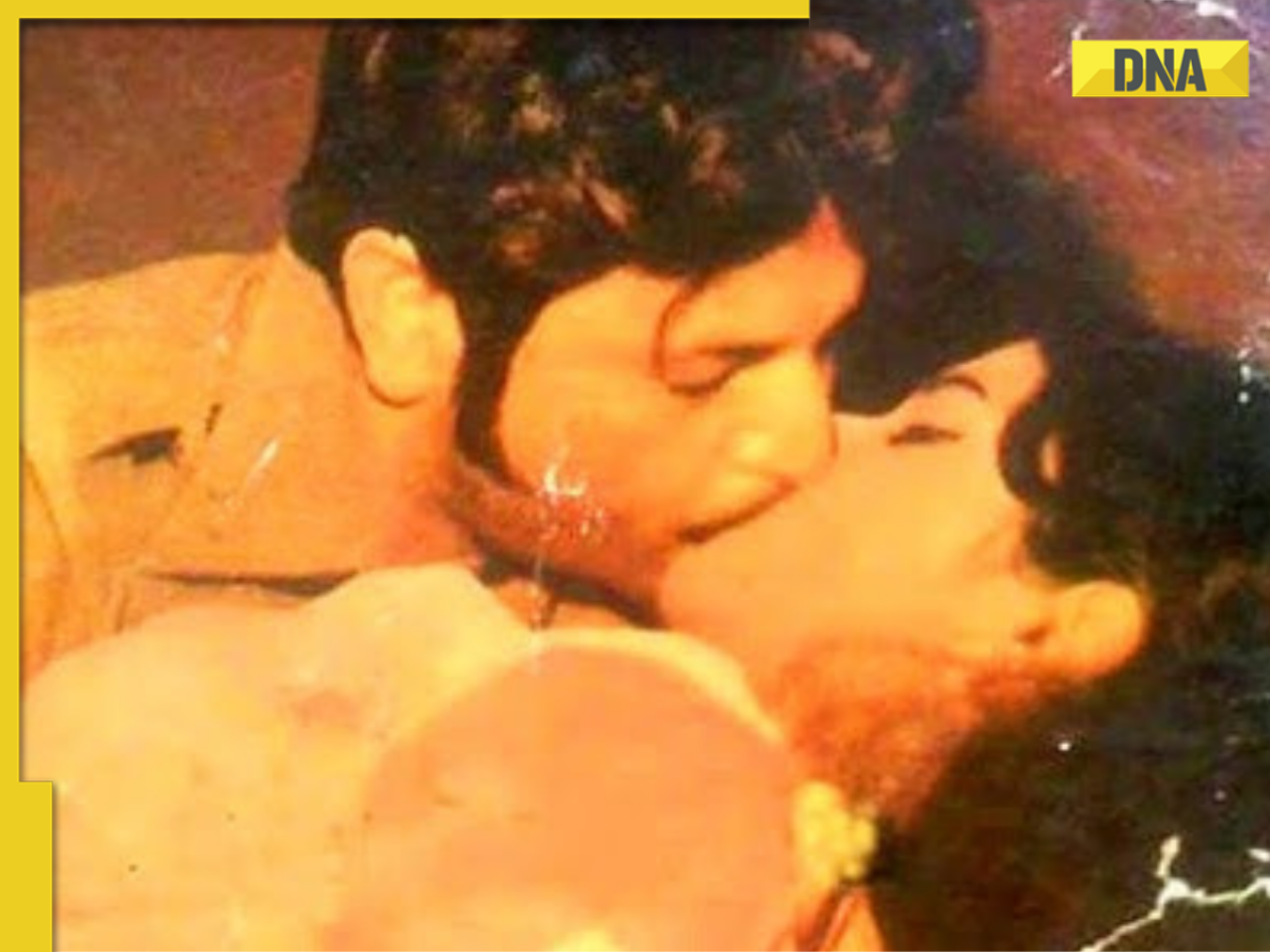)
)





)
)
)
)
)
)